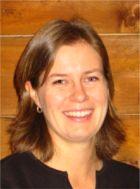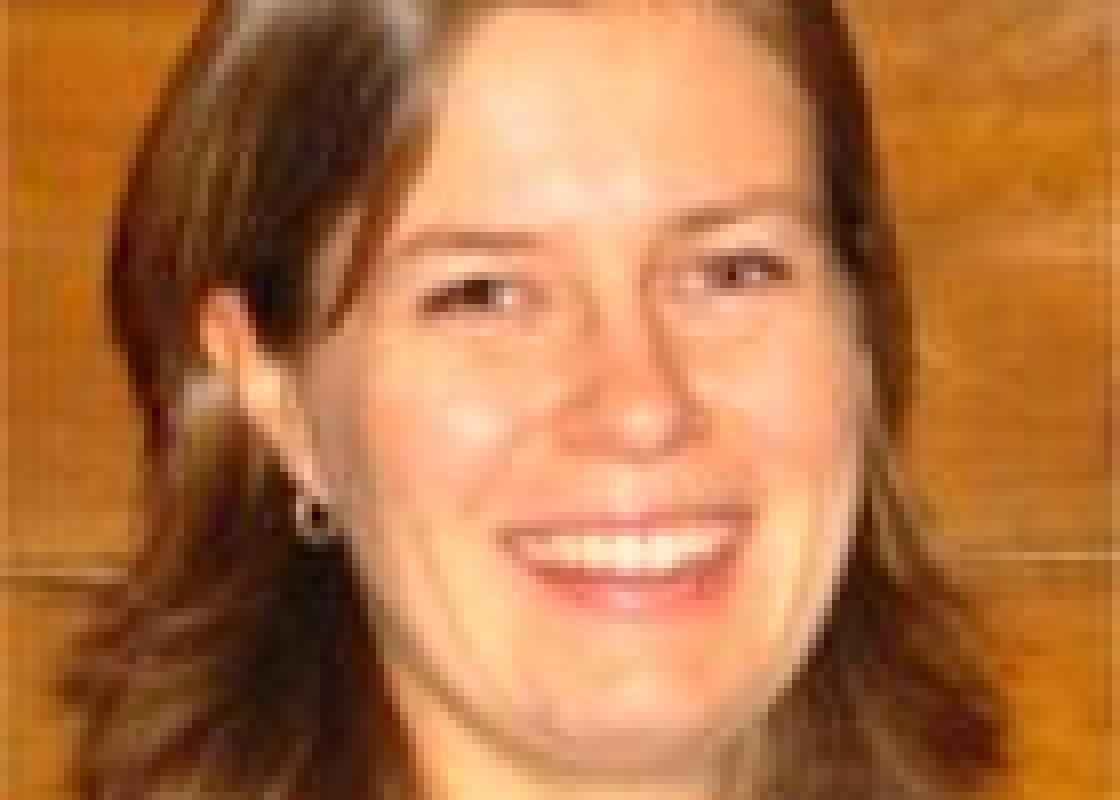
The Centre for Cross-Cultural Communication has received funds from NORAD for an information project on AIDS that will be run with the Evangelical Lutheran Church in Cameroon. Most of the work is going to be done by locals, monitored by SIK. This is the background for Heidi Holt Zachariassen's work.
Figures from 2000 quote that 17 percent of the inhabitants in the Adamaoua district are infected by the HIV-virus, and that the number is rising. The Evangelical Lutheran Church has its headquarters in this district. For all of Cameroon it is assumed that 11.8 percent of the adult population is infected. This is probably a low estimate. An oil pipeline is being built across the country. This requires a large amount of manpower and with the crew, prostitutes also follow. In addition, a great number of heavy transports pass through the area on their way to Chad and Nigeria. Along the way the drivers stop for amusement.
- A market exists for the buying and selling of sexual services at the bars and restaurants along the way, says Heidi Holt Zachariassen. - The truck drivers buy beer for the youngest girls and give them money, so they can afford to dress up - and this heightens their status. In exchange for money and finery the drivers get sexual services. Among the young girls, it is considered modern not to be a virgin. The boys, on the other hand, do not make their debut before they are around 15-16 years old. The pressure is not as hard on them.
Many of these girls do not go to school. That costs money and this is therefore often not prioritised by their parents.
Infidelity is quite widespread
The elderly women in the church group are worried. When they were young it was considered honourable to be a virgin when getting married, but it is not like that anymore. - Authorities such as the leaders of the village do not know what to do because the young people do not listen to them anymore - and do not have respect for the elders. Besides that we were told that many of the parents do not care, says Heidi. She is not sure of why it is like that. People she talked to thought that new impulses from TV, magazines, and so on, had caused children and youths to be in opposition to their parent's generation. They believed in a more "western" youth culture.
Another source of infection is infidelity, which is widespread. - It is not permitted to talk about unfaithfulness, and sex as a subject is taboo. But there is a lot going on "on the side" which is "hush-hush", but which almost everyone practices. I spoke to a group of women at the health services centre. They thought that unfaithfulness was very common, and that this applied to both women and men. The women in the church, on the other hand, felt that it was most usual among the men, explains Heidi Holt Zachariassen.
She thought that the women in the church group experienced marital infidelity as a great menace. - Women are not allowed to deny their husband sex; it is considered a marital duty. That makes the women especially vulnerable. And it is difficult to make men use contraceptives. In addition, condoms are not always available. - I asked the women whether they knew what a femidom was, Heidi says. - Only one of the women I met had heard about it. But when they heard that it was a way they could protect themselves they wanted me to explain. They thought it was a good thing that the femidom could be used over again. But they thought it would probably be difficult to get the men to accept this.
Pioneer women
Her impression was that because of radio broadcasting, many people knew quite a bit about HIV and AIDS. In this area, the women's group in the church started giving information early. - They are pioneers. They were informing way before the men in the congregation even thought about this. They have participated at seminars outside the country and have brought home information. And they are quite fearless as far as talking about sex and condoms is concerned. - Do they not come into conflict with the church's message? - This is a very religious society. It is presumed that you are religious, whether you are Muslim, Catholic or Protestant. Muslims and Catholics are clearly saying no to the use of condoms because they think that that is encouraging free sex. The Protestant church says no to encouraging free sex. At the same time they are saying yes to the use of condoms simply because the suffering is so enormous, Heidi underlines.
More and more young people are coming home to their village to die. This applies to all levels of society and all religious groups. Also, within the congregation, many people are dying. They are often kept hidden by their families. Often the real reason for their death is kept secret. Because the myths about AIDS live on. - Some people thought that the illness have arisen through women who had sex with dogs or apes. Others believe that it is sent from the west to keep Africa down. They are told that a virus causes the illness, but what does a virus look like? A doctor I met had a good comparison. He said: Imagine that you are in a town where all the police go away, and the criminals move freely. Then you die in the end. That is what it is like in your body when your immunity disappears.
Have to borrow money to fight a catastrophe
- The Cameroon government has borrowed money from the International Bank for Reconstruction and Development to support local groups giving information, and to huge road signs with AIDS information. So they are being active. But think that they have to borrow money for this! Even though this is a catastrophe that is affecting everyone. I visited the Save the Children Fund office in Kampala in Uganda. The people working there are from the local community, and my impression was that just about everyone there had taken in children or teenagers who had lost their providers because of AIDS. Every single one you meet has their story to tell, Heidi says.
- Is there any hope of changing this development?
- Yes! It helps to talk about it. In Uganda they started giving information early. It has helped. Now the number of HIV-infected is going down there. They do not agree on how much, but they are going down, Heidi Holt Zachariassen underlines.
The Centre for Cross-cultural Communication (SIK) is located in Stavanger. They offer courses and counselling to persons and organisations that need knowledge about other cultures and/or help tackling challenges in cross-cultural meeting. Research and the development of international networks are an important part of their activities. SIK is mainly financed through the sale of services. In 2001 they worked on everything from training for the Peace Corps and private businesses, through teaching at the University College in Stavanger and the School of Mission and Theology to collaboration projects in Mali, Cameroon, Kenya and in Madagascar.
